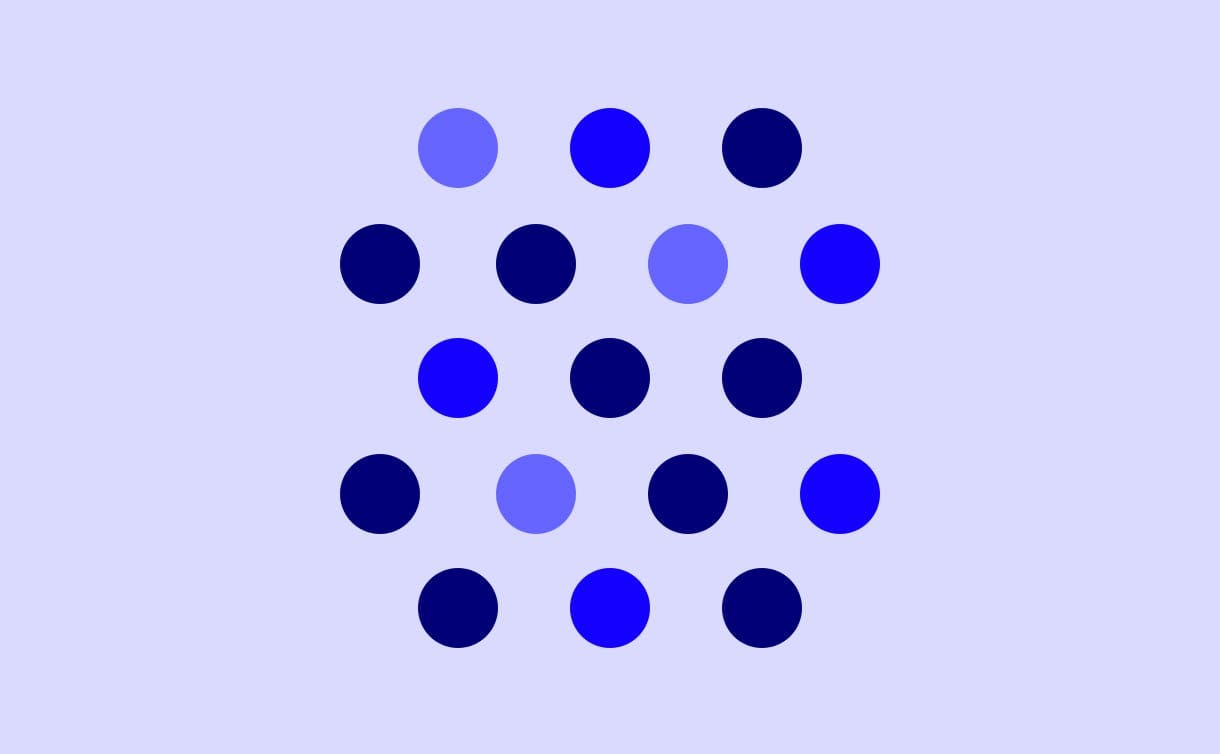Zinc Supplement Benefits and Dosage
Zinc supplements can help ensure that your energy levels are topped up.


Zinc is an essential nutrient that the body can’t produce or store.
Zinc dosage
The Nutrient Reference Value (NRV) is 7.5mg per day. As a trace mineral, you don't want to get too much either (it is all about finding the right balance).
Zinc and brain function
Zinc is known to be helpful for spatial memory - e.g. your recollection of the environment around you. It also helps with normal brain function, providing support for attention span, activity, neuropsychological behaviour and motor development.
Zinc benefits
Zinc has the following benefits
Vital for making new cells and enzymes
Important for metabolising macronutrients (carbs, fat and protein)
Wound healing and collagen formation and maintenance